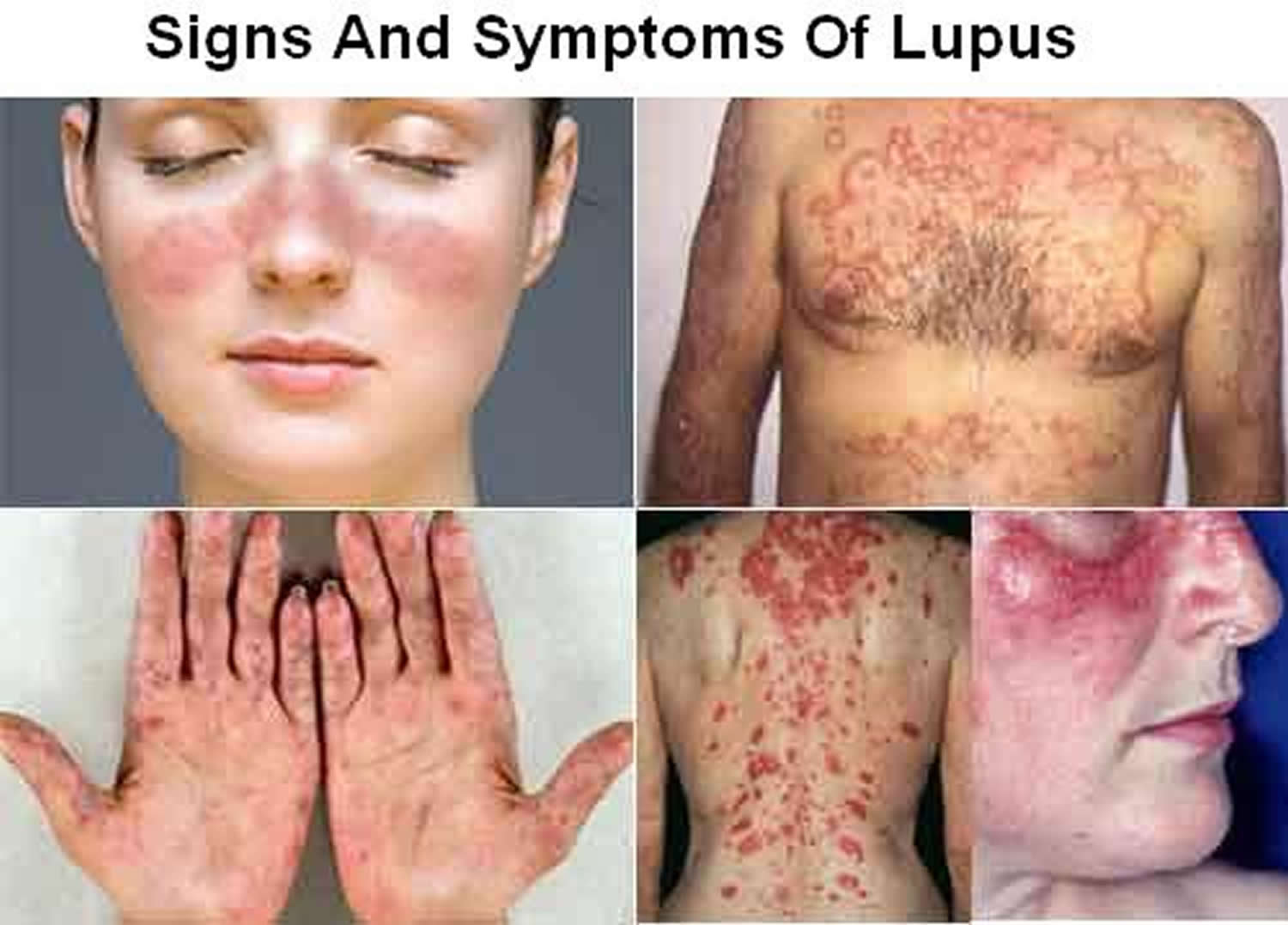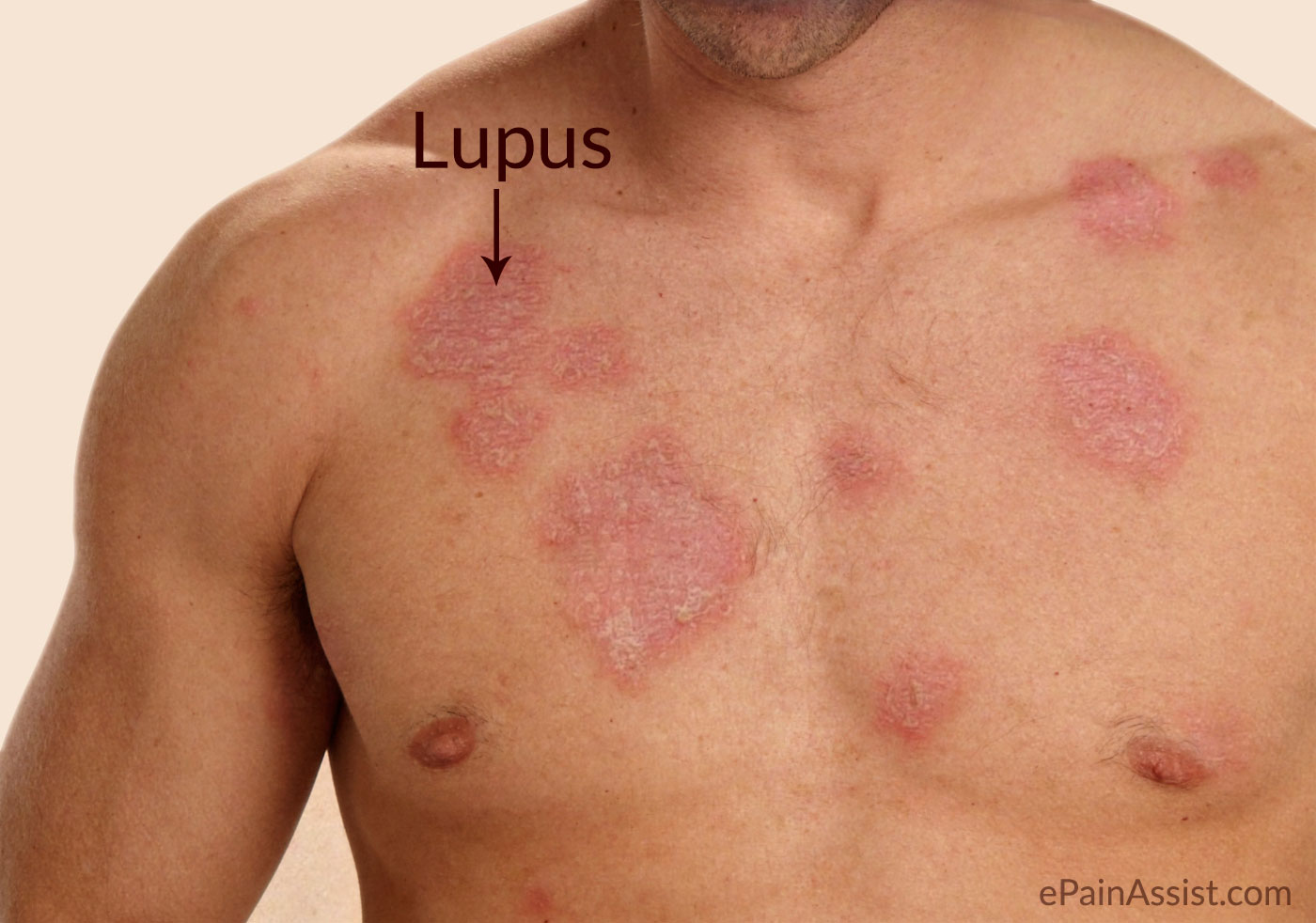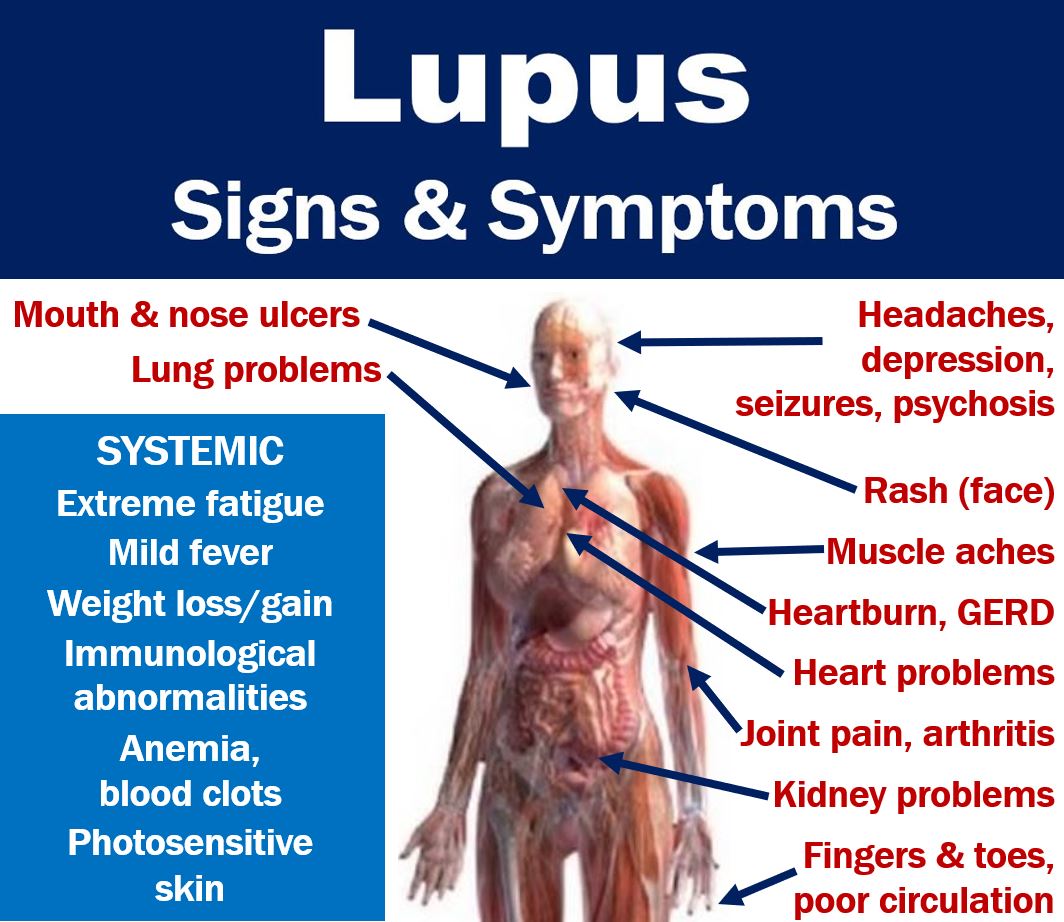Lupus Disease: The Comprehensive Guide
"Does She Have Lupus Disease The Talks" is a question frequently asked by those concerned about their health or the well-being of others. Lupus is an autoimmune disease that can affect various parts of the body, often leading to a range of symptoms.
Understanding lupus and its implications is crucial for early detection, appropriate management, and improved outcomes. Discussing lupus openly and accessing reliable information can empower individuals and support informed decision-making.
Throughout history, advancements in medical research have significantly contributed to our understanding and treatment of lupus. The discovery of the antinuclear antibody (ANA) test, for instance, has greatly enhanced the diagnostic process, enabling earlier and more accurate detection of the disease.
Does She Have Lupus Disease The Talks
Understanding the essential aspects of "Does She Have Lupus Disease The Talks" is crucial for navigating the complexities of this condition and making informed decisions. These aspects encompass various dimensions, including:
- Symptoms
- Diagnosis
- Treatment
- Prognosis
- Lifestyle
- Support
- Research
- Advocacy
- Awareness
- Education
Each aspect plays a significant role in comprehending the disease, managing its impact, and fostering progress. Understanding symptoms enables early detection and appropriate medical attention. Diagnosis involves specific tests and criteria to confirm the presence of lupus. Treatment options vary depending on the severity of the disease and may include medications, lifestyle modifications, and alternative therapies. Prognosis refers to the potential long-term outcomes and quality of life for individuals with lupus.
Symptoms
Symptoms are the physical manifestations or subjective experiences that indicate the presence of a disease or condition. In the context of lupus, symptoms play a critical role in raising suspicion about the possibility of the disease and guiding further evaluation.
Understanding the symptoms of lupus is essential for several reasons. Firstly, it enables individuals to recognize potential signs of the disease and seek timely medical attention. Early diagnosis and treatment can significantly improve outcomes and prevent irreversible damage to various organs.
Secondly, symptom recognition allows for appropriate monitoring of the disease activity. Lupus is characterized by periods of flares and remissions, and tracking symptoms helps healthcare professionals assess the effectiveness of treatment and make necessary adjustments.
Diagnosis
Diagnosis forms the cornerstone of managing "Does She Have Lupus Disease The Talks". It involves a comprehensive evaluation to confirm the presence of lupus, differentiate it from other conditions, and assess disease activity.
- Medical History and Physical Examination
A detailed medical history and physical examination can provide valuable clues about potential lupus symptoms, organ involvement, and overall health status.
- Laboratory Tests
Blood tests, such as the antinuclear antibody (ANA) test, complete blood count, and erythrocyte sedimentation rate (ESR), help detect characteristic markers of lupus and assess inflammation.
- Imaging Tests
Imaging techniques like X-rays, ultrasounds, and magnetic resonance imaging (MRI) can reveal organ damage or inflammation associated with lupus.
- Biopsy
In some cases, a biopsy of affected tissue, such as skin or kidney, may be necessary to confirm the diagnosis and determine the extent of organ involvement.
Accurate and timely diagnosis is crucial for initiating appropriate treatment, monitoring disease activity, and preventing potential complications. It empowers individuals with lupus to take control of their health and make informed decisions about their care.
Treatment
Treatment for "Does She Have Lupus Disease The Talks" encompasses a multifaceted approach that aims to manage symptoms, prevent organ damage, and improve overall quality of life. Understanding the components of treatment is crucial for individuals with lupus to make informed decisions and work closely with healthcare professionals to achieve optimal outcomes.
- Medication
Medications, such as immunosuppressants, antimalarials, and corticosteroids, are often prescribed to suppress the overactive immune system, reduce inflammation, and alleviate symptoms.
- Lifestyle Modifications
Adopting healthy lifestyle habits, including regular exercise, a balanced diet, and adequate rest, can help manage symptoms, reduce stress, and improve overall well-being in individuals with lupus.
- Alternative Therapies
Some complementary and alternative therapies, such as acupuncture, massage therapy, and yoga, may provide additional support in managing symptoms and improving quality of life for individuals with lupus.
- Supportive Care
Emotional support, education, and access to resources are vital components of treatment, as they help individuals with lupus cope with the challenges of living with a chronic condition.
Understanding the complexities of "Treatment" empowers individuals with lupus to participate actively in their care, make informed choices, and lead fulfilling lives amidst the challenges of this condition.
Prognosis
Prognosis plays a critical role in navigating "Does She Have Lupus Disease The Talks". It refers to the predicted course and potential outcomes of a disease, and in the context of lupus, it helps individuals understand the long-term implications and make informed decisions about their care.
The prognosis of lupus varies depending on several factors, including the severity of the disease, the organs involved, and the individual's response to treatment. With advancements in medical research and treatment options, the prognosis for individuals with lupus has improved significantly over the past few decades.
Understanding the prognosis of lupus empowers individuals to take an active role in their care. By knowing the potential risks and benefits of different treatment options, they can make informed choices that align with their goals and values. Prognosis also guides healthcare professionals in developing personalized treatment plans and providing ongoing support to individuals with lupus.
Real-life examples of the connection between prognosis and "Does She Have Lupus Disease The Talks" can be found in research studies and clinical practice. For instance, studies have shown that early diagnosis and treatment can significantly improve the prognosis of lupus, reducing the risk of organ damage and improving overall quality of life.
In conclusion, understanding the prognosis of "Does She Have Lupus Disease The Talks" is essential for individuals and healthcare professionals alike. It provides valuable insights into the potential course and outcomes of the disease, empowering individuals to make informed decisions about their care and enabling healthcare professionals to develop personalized treatment plans that aim to optimize outcomes and improve quality of life.
Lifestyle
Lifestyle plays a significant role in the management of "Does She Have Lupus Disease The Talks". By adopting healthy habits and making positive lifestyle choices, individuals with lupus can potentially improve their overall well-being, reduce the risk of complications, and enhance their quality of life. Here are some key facets of lifestyle to consider:
- Nutrition
Maintaining a balanced and nutritious diet is crucial for individuals with lupus. Eating plenty of fruits, vegetables, and whole grains provides essential vitamins, minerals, and antioxidants that support the immune system and reduce inflammation.
- Exercise
Regular exercise is beneficial for individuals with lupus, as it helps strengthen the body, reduce stress, and improve mood. Low-impact exercises like walking, swimming, and yoga are good options to start with.
- Sleep
Getting enough sleep is essential for overall health, and it is particularly important for individuals with lupus. Adequate sleep helps reduce fatigue, improves cognitive function, and supports the immune system.
- Stress Management
Stress can trigger lupus flares, so finding effective ways to manage stress is crucial. Techniques like yoga, meditation, or deep breathing exercises can help reduce stress levels and promote relaxation.
By incorporating these lifestyle modifications into their daily routines, individuals with lupus can take an active role in managing their condition, improving their quality of life, and reducing the risk of complications associated with the disease.
Support
Support plays a vital role in the management of "Does She Have Lupus Disease The Talks". It encompasses a wide range of services, resources, and emotional encouragement that can help individuals with lupus cope with the challenges of living with a chronic illness.
- Emotional Support
Emotional support is crucial for individuals with lupus. It can come from family, friends, support groups, or mental health professionals. Talking about the challenges of living with lupus and sharing experiences can help individuals feel understood and supported.
- Practical Support
Practical support refers to the assistance individuals with lupus may need with daily tasks and activities. This can include help with transportation, meal preparation, or childcare. Practical support can alleviate some of the burdens associated with living with a chronic illness and improve overall quality of life.
- Financial Support
Financial support can be essential for individuals with lupus, especially those who are unable to work due to their illness. There are various organizations and programs that provide financial assistance to help cover medical expenses, housing costs, and other living expenses.
- Advocacy Support
Advocacy support involves assisting individuals with lupus in navigating the healthcare system, accessing resources, and ensuring their rights are protected. Advocates can help individuals with lupus understand their treatment options, communicate with healthcare providers, and fight for their rights to equal access to care.
Support is an integral part of the management of "Does She Have Lupus Disease The Talks". It can help individuals with lupus cope with the physical, emotional, and practical challenges of living with a chronic illness. By accessing support services and building strong support networks, individuals with lupus can improve their quality of life and well-being.
Research
Research plays a pivotal role in the understanding and management of "Does She Have Lupus Disease The Talks". It drives advancements in diagnostics, treatments, and overall disease comprehension. By investigating the causes, mechanisms, and potential cures for lupus, research contributes significantly to improving the lives of individuals affected by this condition.
One of the critical components of research in "Does She Have Lupus Disease The Talks" is the exploration of disease etiology and pathogenesis. Researchers strive to identify the underlying factors that trigger and perpetuate lupus, examining genetic, environmental, and immunological influences. This knowledge is fundamental for developing targeted therapies and preventive strategies.
Real-life examples of research within "Does She Have Lupus Disease The Talks" include clinical trials evaluating the efficacy and safety of new medications, studies investigating the role of specific genes in lupus susceptibility, and research exploring the potential of lifestyle modifications in disease management. These endeavors have led to significant advancements, such as the development of biologics that specifically target the immune system and the recognition of the importance of sun protection and stress reduction in lupus care.
The practical applications of research in "Does She Have Lupus Disease The Talks" are far-reaching. It informs clinical practice guidelines, shapes public health policies, and empowers individuals with lupus to make informed decisions about their care. By translating research findings into tangible outcomes, patients can access better treatments, participate in clinical trials, and advocate for their needs within the healthcare system.
Advocacy
In the context of "Does She Have Lupus Disease The Talks", advocacy plays a crucial role in amplifying the voices of those affected by lupus, promoting their rights, and ensuring equitable access to healthcare and essential resources.
- Patient Advocacy
Patient advocacy involves empowering individuals with lupus to navigate the healthcare system, make informed decisions about their care, and advocate for their own needs. This may include providing support, education, and resources to help patients understand their condition, communicate effectively with healthcare providers, and access necessary treatments and services.
- Policy Advocacy
Policy advocacy focuses on influencing public policy and decision-making processes to improve the lives of people with lupus. This may involve working with policymakers, legislators, and government agencies to advocate for policies that promote early diagnosis, equitable access to care, and research funding.
- Community Advocacy
Community advocacy involves raising awareness about lupus, reducing stigma, and building support networks within communities. This may include organizing community events, supporting local lupus organizations, and engaging with the media to educate the public about the challenges and needs of people with lupus.
- Research Advocacy
Research advocacy promotes the allocation of resources and support for lupus research. This may involve advocating for increased funding for research initiatives, supporting research collaborations, and promoting the dissemination of research findings to improve patient outcomes.
Advocacy is an integral part of "Does She Have Lupus Disease The Talks", as it works to improve the lives of those affected by this condition. By empowering patients, influencing policy, raising awareness, and promoting research, advocacy contributes to a more equitable and supportive environment for individuals with lupus.
Awareness
Awareness plays a crucial role in "Does She Have Lupus Disease The Talks" as it promotes understanding, reduces stigma, and fosters support for individuals affected by this condition. By raising awareness, we work towards creating a more informed and compassionate society where people with lupus feel empowered and supported.
- Public Awareness
Public awareness campaigns aim to educate the general public about lupus, its symptoms, and the challenges faced by individuals living with this condition. This helps to reduce stigma, dispel misconceptions, and create a more supportive environment.
- Patient Awareness
Patient awareness focuses on empowering individuals with lupus with the knowledge and skills they need to manage their condition effectively. This includes understanding their symptoms, treatment options, and lifestyle modifications that can improve their quality of life.
- Healthcare Provider Awareness
Educating healthcare providers about lupus is essential for ensuring accurate diagnosis, timely treatment, and appropriate management of the condition. This involves raising awareness about the diverse clinical manifestations of lupus and the need for a multidisciplinary approach to care.
- Policy Awareness
Policy awareness advocates for policies that support the needs of individuals with lupus. This may include ensuring access to affordable healthcare, promoting research funding, and implementing workplace accommodations that enable people with lupus to participate fully in society.
Enhancing awareness across these different facets is crucial for improving the lives of individuals with lupus. By fostering a greater understanding of the condition, we can reduce stigma, empower patients, improve healthcare practices, and advocate for policies that create a more supportive environment for those affected by lupus.
Education
Education is a critical component of "Does She Have Lupus Disease The Talks" as it plays a pivotal role in improving disease outcomes, empowering individuals, and shaping healthcare practices. Understanding the connection between education and lupus management is crucial for optimizing care and promoting better quality of life for those affected by this condition.
Education empowers individuals with lupus to take an active role in managing their condition. By providing comprehensive information about lupus, its symptoms, treatment options, and lifestyle modifications, education enables patients to make informed decisions about their care. This knowledge helps them better understand their condition, communicate effectively with healthcare providers, and advocate for their needs.
Real-life examples of education within "Does She Have Lupus Disease The Talks" include patient education programs, support groups, and online resources. These platforms provide a valuable avenue for individuals with lupus to access reliable information, connect with others facing similar challenges, and learn essential self-management strategies.
The practical applications of this understanding are far-reaching. Educated patients are more likely to adhere to treatment plans, engage in preventive behaviors, and seek timely medical attention when needed. This leads to improved disease control, reduced risk of complications, and an overall better quality of life. Education also empowers individuals with lupus to become advocates for their own health, fostering a more collaborative and effective partnership with healthcare providers.
In summary, "Does She Have Lupus Disease The Talks" provides a comprehensive examination of the various facets of lupus, its impact on individuals, and the strategies available for management. Key ideas explored in this article include the importance of early diagnosis, the role of lifestyle modifications, the availability of support systems, and the ongoing advancements in research and advocacy.
These elements are interconnected and essential for improving the lives of those affected by lupus. Early diagnosis enables timely intervention and treatment, while lifestyle modifications can empower individuals to manage their symptoms and improve their overall well-being. Support systems provide emotional, practical, and financial assistance, while research and advocacy contribute to better treatments, policies, and public awareness.
How old is tomasina parrott everything to
Who is charles archibald laurie hugh laurie
Jacob cooper murder arrests made in dilworth

Eva Marcille Sickness and health 2023 does she have lupus disease? The
:max_bytes(150000):strip_icc()/discoid-lupus-12-aff1f265c180433b9ee7d32ed5ae6933.jpg)
Could It Be Lupus? Signs and Symptoms (2023)

Lupus Systemic Lupus Erythematosus (SLE) Causes, Sign & Symptoms

Skin Conditions, Explained WARSOOR

Lupus signs and symptoms with full description of features
ncG1vNJzZmiimaKytXrApqpsZpSetKrAwKWmnJ2Ro8CxrcKeqmebn6J8pbvErGSsoJVitaLCxGajrqilqHqltdKemKydXam1pnnTmqOkq16dwa64